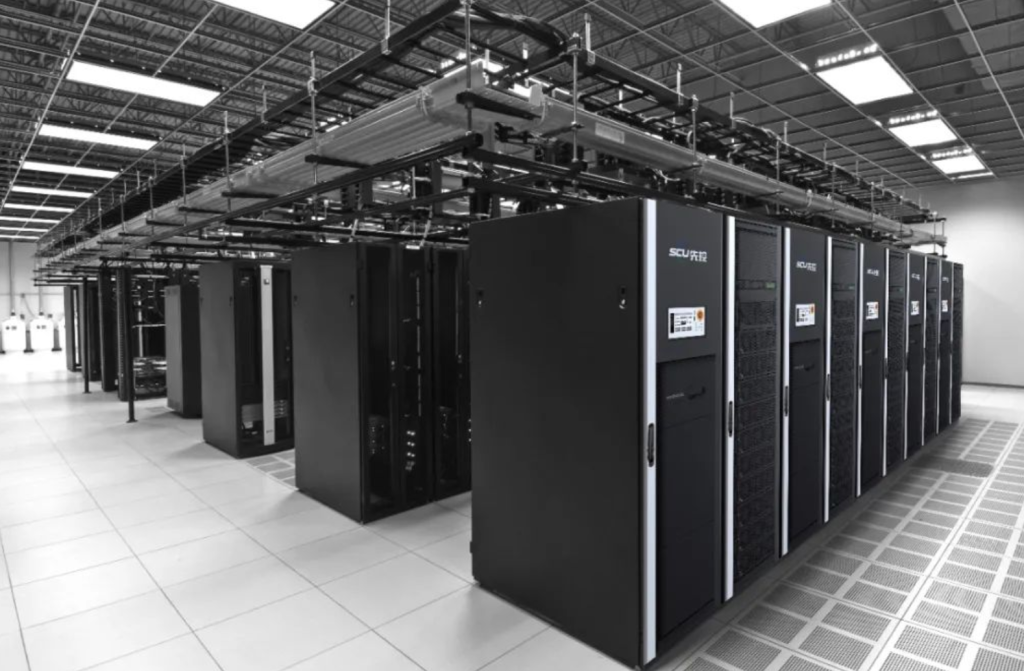With the gradual global consensus on carbon peaking and carbon neutrality, the importance of energy storage technology in the energy sector is becoming increasingly prominent. Container energy storage, as a star in the energy storage track, provides strong support for energy transition. It not only helps to address new energy fluctuation issues but also ensures the safety of the power system, enabling the large-scale application of clean energy.
Storage Capacity of Container Energy Storage
Container energy storage is a large-scale energy storage system typically composed of multiple 40-foot shipping containers. Each container carries energy storage batteries that can store a large amount of electricity, equivalent to a huge “power bank.” Depending on the model and configuration, a container can store approximately2000 kilowatt-hours. This means that during periods of low or off-peak power consumption, container energy storage can store electric energy and release it during peak power consumption, helping to balance the grid load and optimize electricity consumption.
Physical Storage and Chemical Storage
Energy storage technology is mainly divided into two categories: physical storage and chemical storage. Physical storage includes pumped hydro storage, compressed air energy storage, flywheel energy storage, etc., while chemical storage includes lithium-ion batteries, lead-acid batteries, etc. In Container energy storage, chemical energy storage technologies, primarily represented by lithium-ion batteries, are the most widely used. Lithium-ion battery energy storage container allows for flexible adjustment of energy supply and demand through charging and discharging operations, enabling peak shaving, backup power, frequency regulation, and voltage regulation.

Applications of Container Energy Storage
Container energy storage has a wide range of applications, spanning various aspects of the energy sector. They play a significant role in large-scale integration and consumption of new energy generation, distributed generation and microgrids, power system frequency and voltage regulation, black start, energy internet, and more. Furthermore, their applications continue to expand in areas such as industrial and commercial users, solar-storage charging stations, data centers, energy-saving renovations, shore power transformations, etc.
With the continuous advancement of Container energy storage projects and the ongoing innovation in lithium ion battery system technology, the cost of containerized energy storage systems is expected to decrease, and storage capacity and efficiency will further improve. This will drive the widespread application of Container energy storage, and contribute to the advancement of the energy revolution.
Therefore, Container energy storage will play an increasingly important role in the future energy transition. They act as “power banks” in the field of electricity, providing flexible and reliable energy storage solutions for the grid and helping to promote sustainable development of green energy. Let us look forward to the Container energy storage contributing more to the popularization of clean energy and the stability of the power supply!
